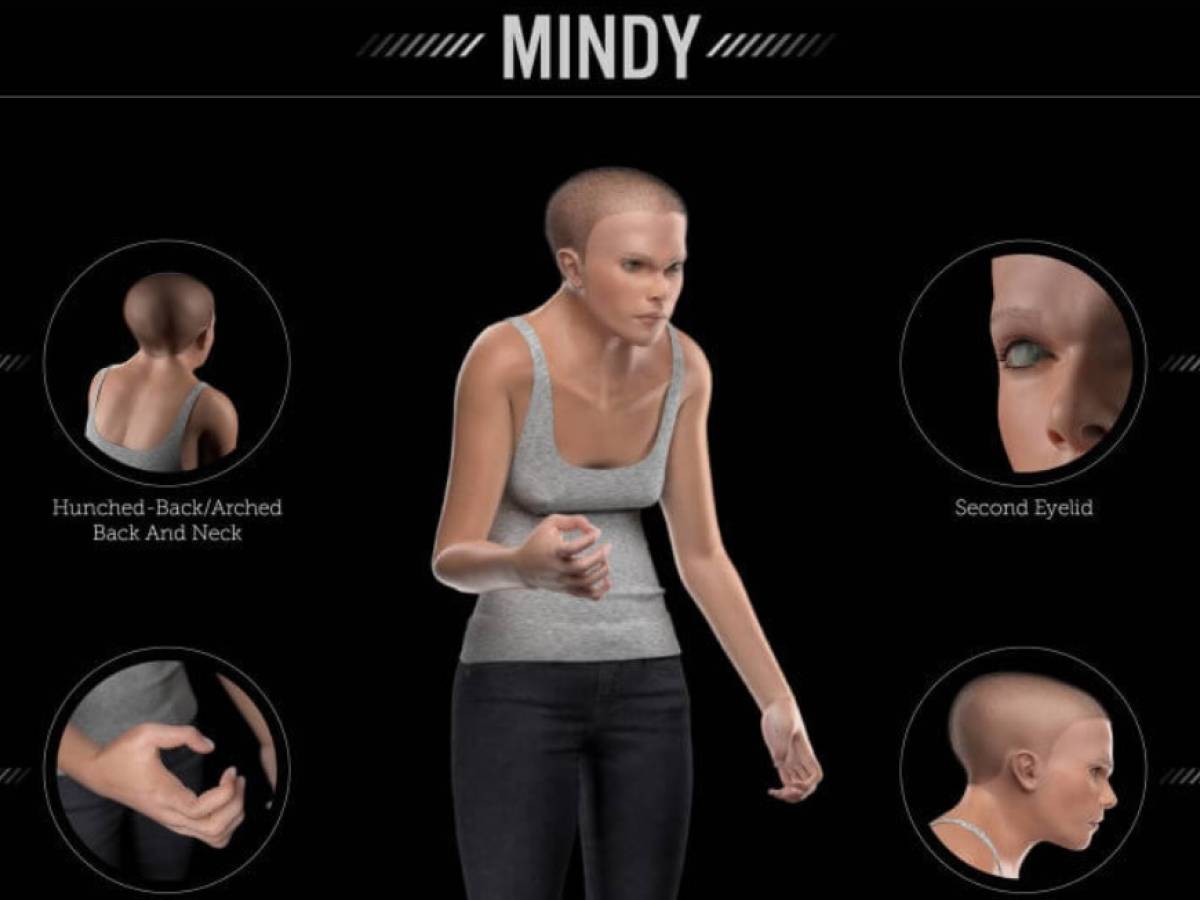Give a wise man a computer man. From Lucy to Mindy. The passage seems short but in between there are millions of years of history and evolution of the species, which does not stop. Man is destined to change, and a group of researchers have speculated what the homo computer will look like in 800 years: with a hunched back, neck forward, larger head and claw-like hands.
According to one Research commissioned by the American company TollFreeForwarding by 3000 man could suffer bone and muscle deformation as a direct consequence of the disproportionate use of computers, tablets and cell phones, which according to US statistics keep us glued to screens at least six hours a day. And the body transformation that will affect the back, neck, arms, hands, eyes and skull led to the creation of Mindy, the first 3D homo computer.
The homo computer: hunchbacked and neckless
Like Lucy, the first specimen of Australopithecus afarensis, Mindy, the man of the future, could also have completely different characteristics from today’s human form. According to the researchers who developed the theory, the first mutation it will affect the spine.
The use of devices such as PCs and mobile phones puts a strain on our posture. Neck and spine undergo a strong forward imbalance and the position of our torso, from erect and aligned, tends to curve forward as does the neck. According to the researchers, therefore, the man of the future will have his back curved, with the hump, and the neck flattened and protracted forward and much larger than today, given the constant work of the muscles. But also the shoulders will undergo a forward rotation resulting in an almost primitive posture.
90 degree elbow and claw hands
Two other significant anatomical changes will affect the arms and hands. The time we spend with mobile phones or with the mouse between our fingers will lead to a progressive stiffening of thearticulation of the hand and arm (in the area between the wrist and the elbow) due to cubital tunnel syndrome. For this reason, the researchers speculate that Mindy will have a claw-like hand (less flexible than today) and a 90-degree elbow due to the typical positioning of the arm, when holding the smartphone to bring it to the ear or near the face.
Thicker skull, smaller brain
Additionally, the homo computer’s skull could be considerably thicker to protect against electromagnetic waves to which the brain is subjected daily. The mobile phones placed close to the ear and the electronic equipment, which surround us, will induce the organism to adapt to the environment and the mutation will lead to a thickening of the skull. The latter will therefore be disproportionate to the body, but the brain will not expand. Indeed, according to the researchers, the brain membrane will be more “primitive” and its size will shrink due to a more sedentary lifestyle.
Eyes with two lids
The evolution of the species could lead to a deformation of self-defense linked to the eyes and sight. Mindy, in its 3D version, is made with two eyelids with a new internal and larger one, which allows to limit the damage caused by harmful light of devices. Research has already confirmed that the use of tablets, PCs and smartphones causes headaches, eyestrain and vision loss and to protect themselves from this the homo computer could develop a second mobile eyelid, a sort of “veil” of protection that makes the homo computer more alien than the man of the future.
